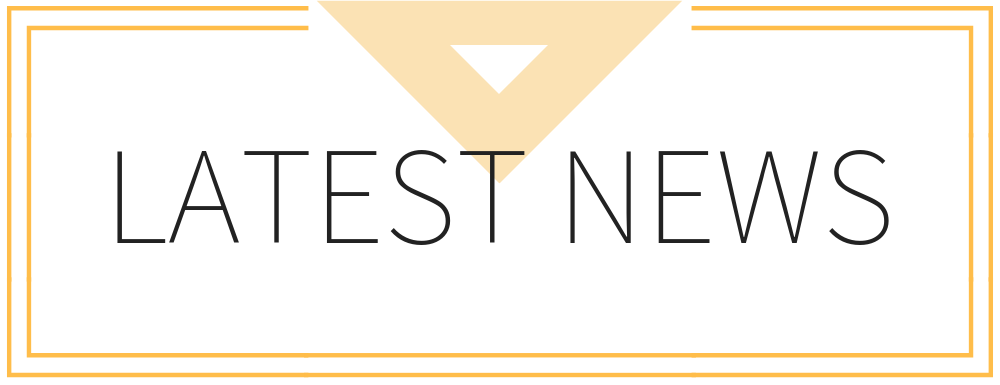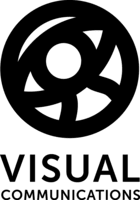Meet an AWC Alum: Nicole Miyahara
/The Armed With a Camera Fellowship for Emerging Media Artists has recently opened its call for Fellows for its 2016-2017 cycle. Applications are due October 7, 2016. For submission guidelines and more info, click here.
What’s been keeping you busy? How has life been after AWC? What projects are you currently working on right now?
After the fellowship I actually worked for VC helping out in the development department. I wrote and received my very first grant, with the help of the staff, for California Humanities to fund their Digital Histories program. I wrote the grant to focus on place-based documentaries and also acted as a mentor to the program. Seeing the films premiere at the 2016 LAAPFF was incredible to see the entire process come full circle. I am constantly inspired by these seniors making films and hope I am still creating content when I am their age. I have also been working on turning my thesis film THE MAKING OF A KING into a feature length documentary. The film explores the relatively unknown subculture of drag kings in Los Angeles during the height of queen popularity. We recently launched a crowd funding campaign on Indiegogo to hire a post-production team and move into the next phase of the filmmaking process, which you can find here.
How did you first hear about AWC? What made you decide to apply?
I saw that my friend had shared the open call on Facebook and tagged me in the post. I was just finished up my masters thesis and was looking forward to my next project so the timing was really perfect. At the time I didn't know any other AAPI filmmakers and that really appealed to me about the fellowship, an opportunity to interact with the community and be part of the AWC legacy.
Tell us, how has the program experience challenged your filmmaking process?
The filmmaking process by nature is very collaborative. In my thesis program I was the director, producer, and editor but also had help from my cohort and we did daily screening sessions so we were all very closely connected to one another's projects from the beginning. The AWC program was different in the way that we would come together for workshops and to give feedback but, I was really on my own for a lot of the process. This challenged me to be more independent as a filmmaker on the first project since graduation and it really helped me develop and define my voice. I also did not go on the trip with the main character in my documentary since it wasn't in the budget to take a trip to Taiwan. When he came back, I went through al the footage he shot, got it translated, and worked with what I had. This was a really great experience and exercise in working with what you have to tell a great story and that a lot of documentaries come together in the editing room.
How did it feel to be a part of the AWC Fellowship - working amongst AAPI filmmakers?
It was a great experience to work amongst young AAPI filmmakers, some of us much more experienced than others. It was great to see their projects develop over time and to receive feedback and suggestions. They really helped shape my project since I was used to creating a longer form piece, the 5 minute restriction can be a challenge and I kept having to remind myself, what is the story I can responsibly tell in this time limit?
Who do you think would benefit most of the AWC Fellowship?
I think anyone wanting to be introduced to the AAPI filmmaking community can absolutely benefit from the program. Not just the AWC fellowship, but VC as a whole has an incredible range of programs and events that bring you into this community and remind you how important it is to share our stories.
What did it mean to you to have your film premiered at the Los Angeles Asian Pacific Film Festival?
I was so nervous and excited the day of the premiere. I had never seen my work screened in such a large venue before, it was really incredible. This was also another huge part of being in AWC that not only did you get to create work and have workshops and a stipend to help you through, you also were able to have your film premiere at a film festival in front of all your friends and family. That's why we make films, to share stories, and so this aspect of the program is so important and unique.



